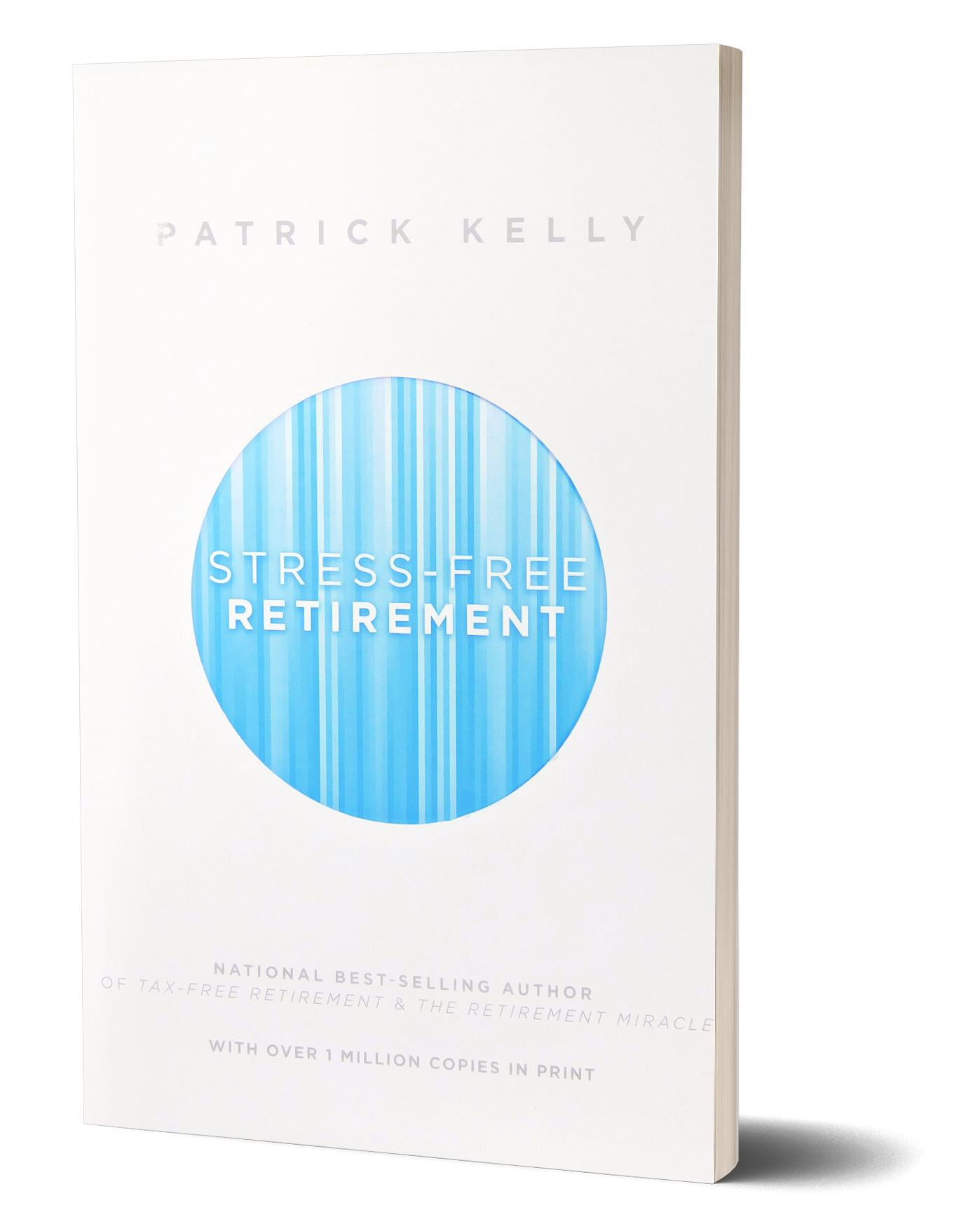One of the most noteworthy retirement savings legislation in years, the SECURE Act 2.0, is now law. The SECURE Act is one of the most significant changes to retirement savings plans since Congress allowed for the automatic enrollment of employees and the addition of Target Date funds to retirement plans in 2006.
The legislation provides changes that aim to help strengthen the retirement system and financial retirement readiness for Americans. Here’s how the Secure Act 2.0 will help Americans plan save for retirement:
- Offer more investment options to plan participants
- Access to financial education
- Change the retirement plan’s required minimum distribution (RMD) to age 73 in 2023 and 75 in 2033.
- In 2024, RMDs will no longer be required from Roth IRA accounts in employer retirement plans.
- Mandated employee retirement plan participation for both full-time and part-time employees.
- Automatic enrollment and portability. The legislation requires businesses adopting new 401(k) and 403(b) plans to automatically enroll eligible employees, starting at a contribution rate of at least 3%, starting in 2025.
What Are The Main Features Of The SECURE Act?
Increasing the RMD (Required Minimum Distribution) age to 73 in 2023 and 75 in 2033.
Section 529 education savings account owners will be allowed to use retirement accounts to cover the costs of homeschooling, qualified student loan repayments of up to $10,000 (siblings included), private schools, and apprenticeships for the account beneficiary. The catch is a 529 plan must be in place for the retirement account to be used for education with no tax or early withdrawal penalty.
New 10-Year Rule
Retirement accounts must distribute all benefits within ten years after a retirement plan participant dies or an IRA owner dies, except when the beneficiary is a spouse, disabled or chronically ill, a child who hasn’t reached the age of majority, or a beneficiary not more than ten years younger than the deceased owner.
Employees Can Make Contributions Until Their RMD Age
Employees can make contributions until their RMD age to their retirement accounts. The Act would help workers who plan to continue to work into their 70s save additional money for retirement.
401(K) Plans Will Offer Annuities
401(k) plans will offer annuities as an investment choice to help workers help guarantee a portion of their retirement savings from market risk. Annuities are backed by the insurance company’s claims-paying ability and are an insurance product.
Matching Roth IRA Accounts
Employers can provide employees the option of receiving vested matching contributions to Roth accounts. Previously, matching in employer-sponsored plans was made on a pre-tax basis. Contributions to a Roth retirement plan are made after-tax, after which earnings can grow tax-free. Unlike Roth IRAs, RMDs from an employer-sponsored plan are required for Roth accounts until the tax year 2024.
Parents Would Be Allowed To Withdraw $5000 Penalty-Free
Parents would be allowed to withdraw $5000 penalty-free from a 401(k) to pay for expenses related to the birth of a child or a new child through adoption. Under the new SECURE Act 2.0.
Emergency Savings
Defined contribution retirement plans could add an emergency savings account that is a designated Roth account eligible to accept participant contributions for non-highly compensated employees starting in 2024. Contributions would be limited to $2,500 annually (or lower, as set by the employer), and the first four withdrawals in a year would be tax and penalty-free.
Part-time workers working 500 or more hours per year for at least three consecutive years would be allowed to participate in their company’s retirement plan.
Sources: Fidelity,Kiplinger
The SECURE Act aims to help Americans save more for retirement through their employer’s savings plan. Your retirement savings plan combined with strategies for your situation may help make the difference between having financial security throughout retirement, and not. Contact our office today to schedule a retirement savings and financial plan review.
SWG 2689191-0123d The sources used to prepare this material are believed to be true, accurate and reliable, but are not guaranteed. This brochure is designed to provide general information on the subjects covered. Pursuant to IRS Circular 230, it is not intended to provide specific legal or tax advice and cannot be used to avoid penalties or to promote, market, or recommend any tax plan or arrangement. The information is not endorsed or approved by other Government Agency. You are encouraged to consult your personal tax advisor or attorney.
When you access a link you are leaving our website and assume total responsibility for your use of the website you are linking to. We make no representation as to the completeness or accuracy of information provided at this website. Nor is the company liable for any direct or indirect technical or system issues or any consequences arising out of your access to or your use of third-party technologies, websites, information and programs made available through this website.
In addition, M3 Wealth specializes in providing strategies and guidance for those who are seeking a better lifestyle in retirement. If you have retirement savings of five million dollars or $50,000, we can ensure it works as hard. As a result, we offer our experience and knowledge to help you design a custom strategy for financial independence. Contact us today to schedule an introductory meeting!

















